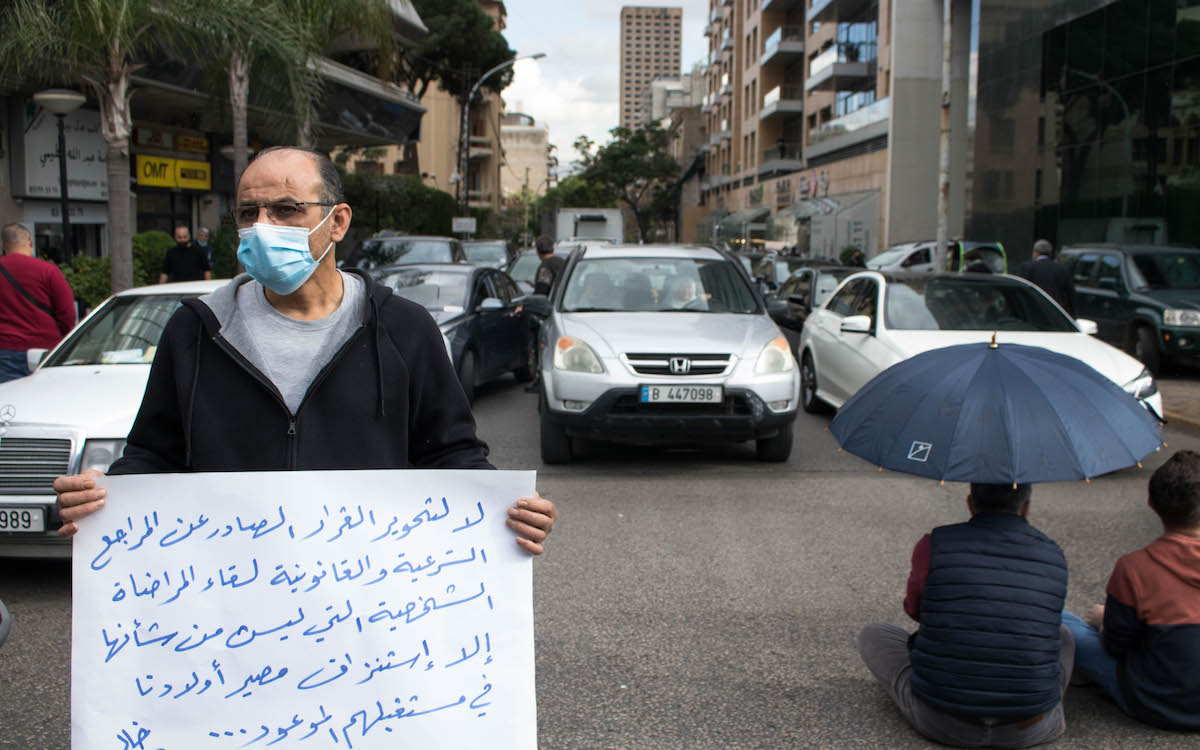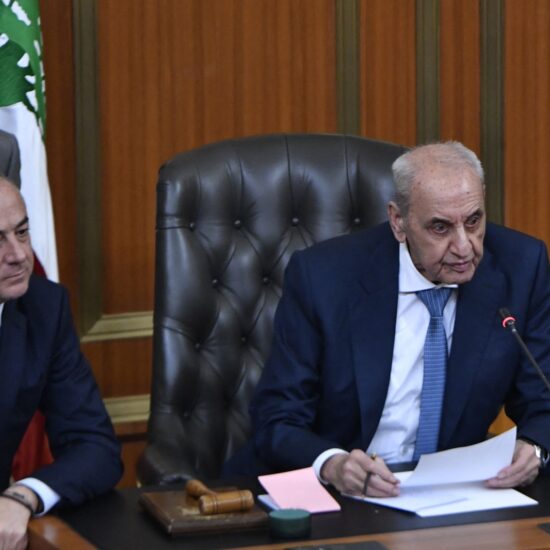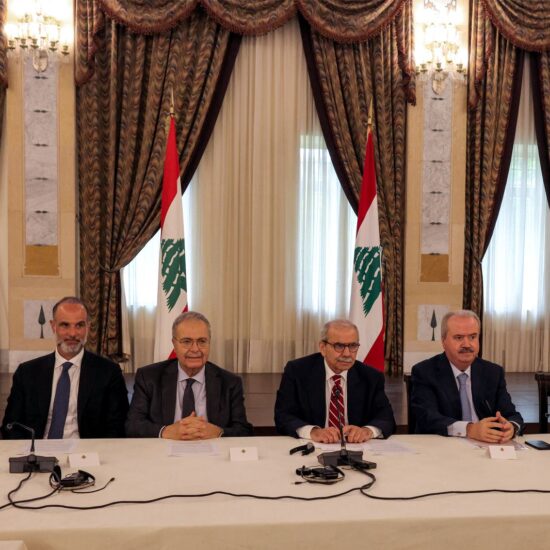
The caretaker government of Prime Minister Najib Mikati approved a request by the Central Bank to release $35 million to purchase medicines and milk for children, as well as the approval of social assistance for the military and pensioners during the government’s first meeting in six months. The meeting comes amidst an ongoing economic crisis and a political vacuum – all the while, due to its caretaker status, the caretaker government is drastically limited in the decisions and actions that it can take.
Why this matters: Lebanon is in the midst of the worst economic crisis that the world has seen in the last 150 years according to the World Bank, and, while not required to meet, the government does need to work together in a coordinated effort to manage the crisis and its devastating effects. Since the current government is under a caretaker status, they are limited in the types of actions that they can take, causing a paralysis that only serves to aggravate the country’s dire circumstances.
The context: While Lebanon technically has a government, it only holds a caretaker status, meaning that the various ministers can only work on the files in their possession prior to the government’s resignation, so the scope of actions that the government can take is significantly limited to that of more of a managerial role rather than a proactive one that actually aims to fix the crisis.
- The Mikati government was a fully recognized government until the May 15 parliamentary elections, after which it was considered resigned in accordance with the Constitution.
- Following the election, then-President Michel Aoun tasked Mikati once more with forming a government, which he failed to do before Aoun’s term as president ended on October 31.
Further limitations: According to Article 62 of the Lebanese Constitution, if there is a vacancy in the presidency, then the government can, in effect, act as the president by delegation until a new president is elected, at which time the government would be considered resigned and a new mandate would have to be called. However, this is only the case for a government that has already received a vote of confidence and approval by the president. The constitution does not say what happens if the government only has caretaker status at the time of the vacancy.
- According to constitutional scholars and experts, the government is allowed to keep acting as a normal caretaker government, but it cannot act through delegation.
- Given the ongoing economic crisis, now entering its fourth year, the caretaker government can essentially only act as a crisis manager, putting out the fires that spring up, but are unable to take any action against the cause of the fires.
Opposition to the meeting: Not everyone in the government was on board to attend the newly called cabinet session, though. Free Patriotic Movement, a Maronite Christian party headed by the son-in-law of Aoun Gebran Bassil, called for a boycott of the meeting, arguing that it was unconstitutional and a power play on the part of Mikati.
- The nine FPM-affiliated members of the government sent a letter to Mikati saying that they would be boycotting cabinet meetings, raising the possibility that the government would not be able to meet as it would not reach a quorum.
- But in a rare public rebuke of Bassil and the FPM, its allied parties, the Shiite Hezbollah and Amal Movement and Armenian Orthodox Tashnag, all said that they would attend the meetings, arguing that there is an inherent need for the government to meet given the ongoing crisis.
- Recently, Hezbollah and Amal used their blocking third power in the government to prevent it from meeting for three months in an effort to end the investigation into the August 4 Beirut Port explosion.
What happens next: The government is likely to keep meeting as long as Hezbollah remains in favor of attending. If the group decides to join the FPM’s boycott, the government will be unable to meet a quorum, making it unconstitutional for them to meet.
- To fill the political vacuum, parliament needs to elect a president, which it has failed to do eight times so far. This means they are stuck in special presidential election sessions, and cannot take on any other legislative agendas until a president is elected.
- This means that they are unable to take definitive action against the economic crisis.
- Electing a new president would allow for a new prime minister to be designated to form a government, another process that is likely to be protracted, and for the country’s politicians to get to working on the changes and reforms demanded by the International Monetary Fund to release billions of dollars in aid.
- However, a president is unlikely to be elected any time soon, as there is no consensus surrounding any specific candidate.
The consequences: Mikati’s caretaker government is going to have to maintain implementing “band-aid” measures that fail to really address any of the problems that Lebanon is facing. While the FPM might object to these cabinet sessions, there is little alternative until Parliament finally elects a president.
Nicholas Frakes is a multimedia journalist with @NOW_leb. He tweets @nicfrakesjourno.








